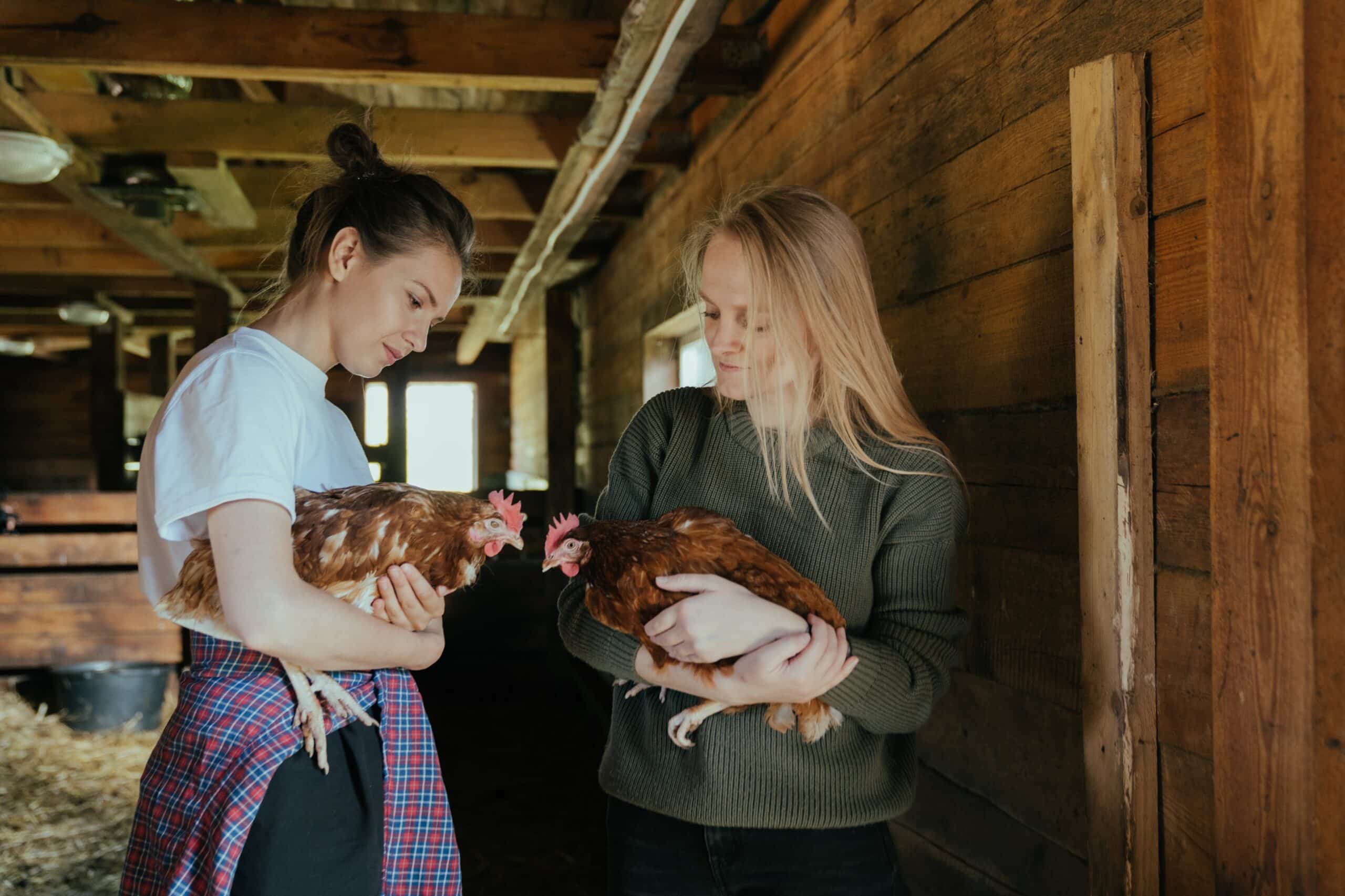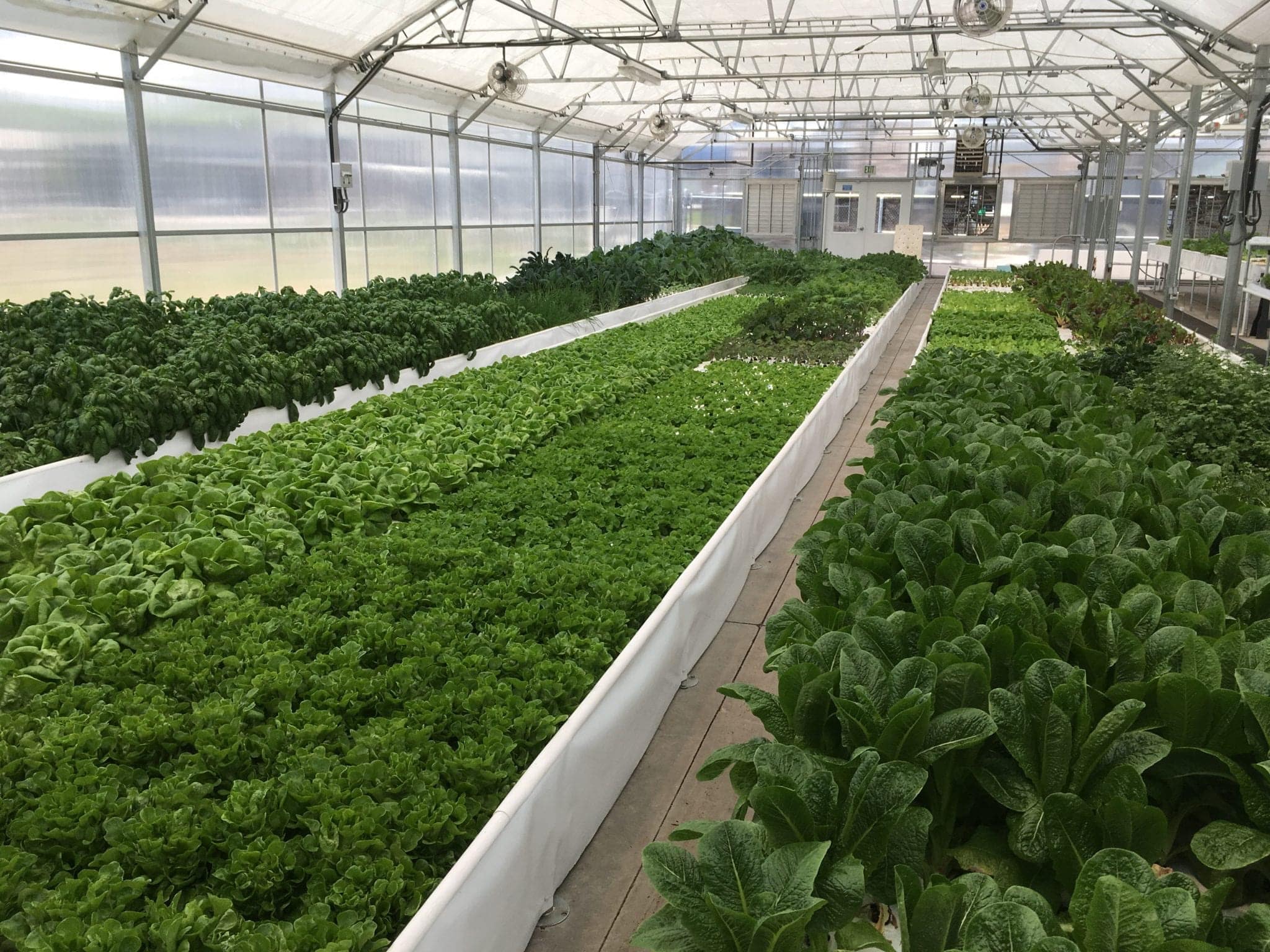Raising backyard chickens can be a fun and rewarding experience for families and individuals alike. Not only do chickens provide fresh eggs and meat, but they also make great pets and can teach children responsibility and animal care. But before diving into chicken ownership, it’s important to understand the basics of chicken breeds, feeding, housing, and care to ensure a healthy and happy flock.
Breeds
The first step in starting a backyard chicken flock is choosing the right breed for your needs. There are hundreds of different chicken breeds, but the most popular for backyard flocks are:
- Rhode Island Red – a hardy and productive breed that lays brown eggs
- Plymouth Rock – another hardy breed that lays brown eggs
- Leghorn – a smaller breed that lays white eggs
- Wyandotte – a beautiful breed that lays brown eggs and is good for cold climates
- Sussex – a friendly and easy-to-raise breed that lays brown eggs
When choosing a breed, it’s important to consider factors such as egg production, temperament, size, and climate compatibility. Researching different breeds and their specific characteristics can help narrow down the options and ensure a successful flock.
Feeding
Chickens require a balanced diet to maintain good health and egg production. The majority of their diet should consist of a commercial chicken feed that contains the necessary nutrients and vitamins. There are three main types of chicken feed:
- Starter feed – high in protein and given to chicks for the first six weeks of life
- Grower feed – lower in protein than starter feed and given to adolescent chickens until they start laying eggs
- Layer feed – high in calcium and given to chickens once they begin laying eggs
In addition to commercial feed, chickens can also eat a variety of fruits, vegetables, and grains. Common treats include:
- Scratch grains – a mix of cracked corn, wheat, and other grains
- Mealworms – a high-protein treat that chickens love
- Fruit and vegetable scraps – such as apple cores, carrot peels, and cucumber slices
It’s important to note that chickens should not be fed foods that are toxic to them, such as avocado, chocolate, and onions.
Water is also essential to a chicken’s diet, and fresh, clean water should be available at all times. Chickens can drink from a traditional water dispenser or a poultry nipple, which helps prevent spills and keeps the water clean.
Housing
Chickens need a safe and comfortable place to roost at night and lay their eggs. The most common types of chicken coops are:
- A-frame coop – a simple and portable coop that can house a small number of chickens
- Tractor coop – a larger coop on wheels that can be moved around the yard to give chickens fresh grazing space
- Stationary coop – a permanent coop that can house a larger number of chickens
The coop should be well-ventilated to prevent moisture buildup and should have enough space for each chicken to have a minimum of 4 square feet of floor space. The coop should also have roosting bars for chickens to sleep on and nesting boxes for them to lay their eggs in.
It’s important to regularly clean and maintain the coop to prevent the buildup of bacteria and parasites. The coop should be cleaned out every few weeks, and bedding should be replaced as needed. Common bedding materials include straw, pine shavings, and shredded paper.
Care
Chickens are relatively low-maintenance pets, but they do require regular care to ensure their health and well-being. Some important aspects of chicken care include:
- Health checks – chickens should be checked regularly for signs of illness, such as lethargy, loss of appetite, and abnormal droppings. Sick chickens should be isolated from the rest of the flock and treated promptly to prevent the spread of disease.
- Egg collection – eggs should be collected from the nesting boxes daily to prevent them from being pecked or soiled.
- Parasite control – chickens can be infested with external parasites such as mites and lice, as well as internal parasites such as worms. Regularly checking and treating for parasites can prevent health problems and decrease egg production.
- Exercise – chickens need space to roam and exercise. If they are confined to a coop or run, they should be provided with toys and other forms of stimulation to prevent boredom.
- Winter care – in colder climates, chickens may require extra care during the winter months. This can include adding extra bedding to the coop, providing a heat source, and ensuring that water does not freeze.
Raising backyard chickens can be a fun and rewarding experience for individuals and families alike. By choosing the right breed, feeding a balanced diet, providing adequate housing, and regular care, a healthy and happy flock can be achieved. While there is some work involved, the benefits of fresh eggs, meat, and the joy of pet ownership make it a worthwhile endeavor. Happy chicken raising!
Looking to become more self-sufficient and start your own backyard farm? Visit The Self-Sufficient Backyard: For The Independent Homesteader to discover a comprehensive guide on how to create a sustainable and self-sufficient backyard farm, with tips on gardening, livestock care, food preservation, and more! Don’t miss out on this opportunity to learn valuable skills and transform your backyard into a thriving homestead. Click HERE to get your hands on this valuable resource.
Sources:
- “Backyard Chickens 101: What to Know Before You Buy,” The Spruce, https://www.thespruce.com/backyard-chickens-101-3016566
- “Choosing the Right Chicken Breed for Your Backyard Flock,” The Old Farmer’s Almanac, https://www.almanac.com/content/best-chicken-breeds-backyard-flocks
- “Feeding Chickens: What to Feed Your Chickens for a Balanced Diet,” The Happy Chicken Coop, https://www.thehappychickencoop.com/what-do-chickens-eat/
- “Chicken Coops 101: Everything You Need to Know,” The Spruce, https://www.thespruce.com/chicken-coops-101-3016559
- “Caring for Backyard Chickens,” American Veterinary Medical Association, https://www.avma.org/resources-tools/pet-owners/petcare/caring-backyard-chickens
- “Winter Care for Backyard Chickens,” Fresh Eggs Daily, https://www.fresheggsdaily.com/2013/11/winter-care-for-backyard-chickens.html
- “Keeping Chickens Healthy and Happy,” RSPCA, https://www.rspca.org.uk/adviceandwelfare/farm/chickens/health




